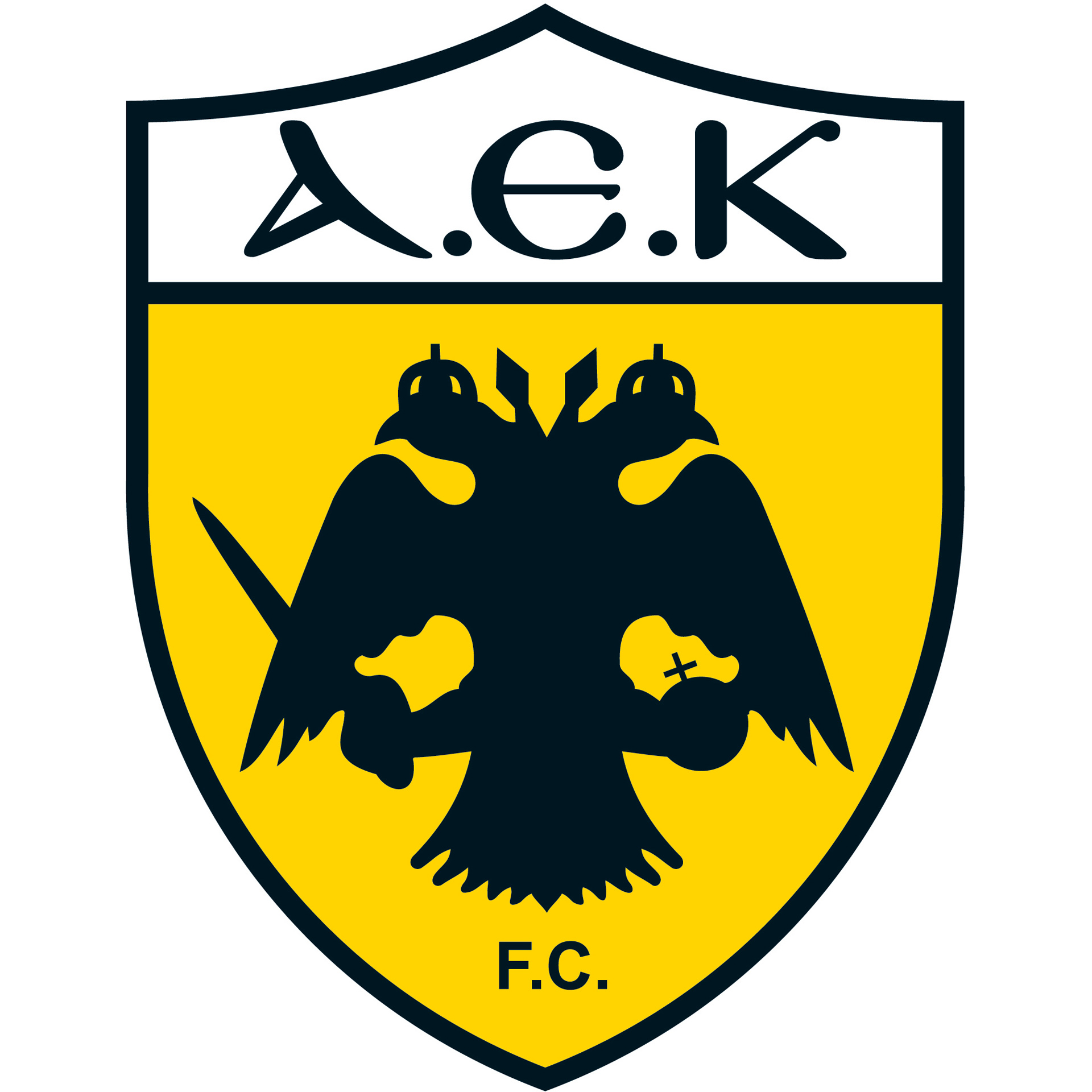Meeting on the role of clubs and players in the fight against homophobia
On 23rd January, EFDN attended the second transnational network meeting of OUT!, a Football Supporters Europe-led (FSE) initiative aimed at tackling homophobia, biphobia, and transphobia in football. Fuβballfans gegen Homophobie (FFGH) hosted the event at Westfalenstadion, home to Borussia Dortmund.
The other two principal project partners—the Royal Belgian Football Association (KBVB/URBSFA) and Pride in Football (PIF)— participated as well as other stakeholders from Germany, Austria, Belgium, the Netherlands, Sweden and the UK. Following on from the first meeting in London, which focussed on fans and fans’ groups, the purpose of the Dortmund meeting was to examine the role of clubs and players.
The opening session included an overview of the project from FSE Executive Director Ronan Evain, restatement of UEFA’s commitment to equality, diversity, and inclusion by Iris Hugo-Bouvier, comments from FFGH’s Christoph Rudolph, and a presentation on Dortmund’s anti-discrimination programme by Sebastian Schneider, who works as one of the club’s SLOs.
After lunch, the group participated in two workshops. The first one included contributions from Jermaine Greene (SLO at Werder Bremen), Max Bergander (Officer for club values at AIK), Sofia Karlsson (Head of education in gender equality and inclusion at the Swedish Sports Confederation). Drawing on this expertise and the expertise of others, participants discussed the importance of social inclusion, what clubs are doing internally to promote it, and how they address LGBT+ issues with their employees.
The second workshop considered the role of players. The discussion was informed by two presentations: one from representatives of Leicester City detailing the club’s approach to LGBT+ issues, particularly when it comes to player visibility and advocacy; and a second by Oliver Egger from Fuβball für Alle, who serves as the ombudsman on homophobia for the Austrian F.A. and league. Participants also examined what was being done by clubs to create a supportive atmosphere for LGBT+ employees.
Learning outcomes:
Role of Clubs
1. It´s important to define values, clearly communicate them, and implement them with consistency.
2. The impact of every club policy must be measured against these values, with specific reference to minority groups such as LGBT+ people.
3. Education should be an important part of any club’s approach to LGBT+-phobia and awareness.
4. Club’s should involve all stakeholders in education work, from young players and coaches to fans and Board members.
5. Clubs should be vocal about LGBT+ issues on social media to promote visibility.
6. Inclusivity should not be seen as a burden; it can make a club attractive (i.e. sponsorship, media coverage etc.).
7. A club hierarchy should not assume that because it has certain values others within the club will share them. It’s critical to stick to core values when things become difficult.
8. No matter what the situation, clubs should always be ready to respond to LGBT+-phobia, whether it comes from fans, players, or other employees.
9. Clubs can learn from fans and fans can learn from clubs. It’s a two-way street.
Role of Players
1. Clubs must create environments where players feel comfortable expressing their sexuality or gender identity, from the academy to the first team.
2. It is essential that clubs, players, and fans work together to create this environment.
3. The obsession with male players coming out is not necessarily helpful; it’s more important to create an environment where players can be good allies.
4. Players, whether LGBT+ or heterosexual, can play a key role in promoting visibility and awareness around LGBT+ issues.
5. There is no one size fits all solution when a player decides to come out. Clubs must tailor their approach around the individual.
6. We should not focus excessively on the men’s game; even if the situation for LGBT players is better in the women’s game, it is still far from perfect.
7. LGBT+ fans groups have a role to play when it comes to raising awareness amongst players.
8. Not every player is comfortable with discussing certain topics. Clubs and fans should be sensitive to each individual case.
9. That said, some players are comfortable, and indeed passionate, about LGBT+ issues. Clubs should give them space to communicate this.
10. Clubs have responsibilities towards all of their employees. They should create a safe, inclusive environment for everybody, from the grounds-person to their star striker. (i.e. administrative staff, coaches, young players, etc.).




